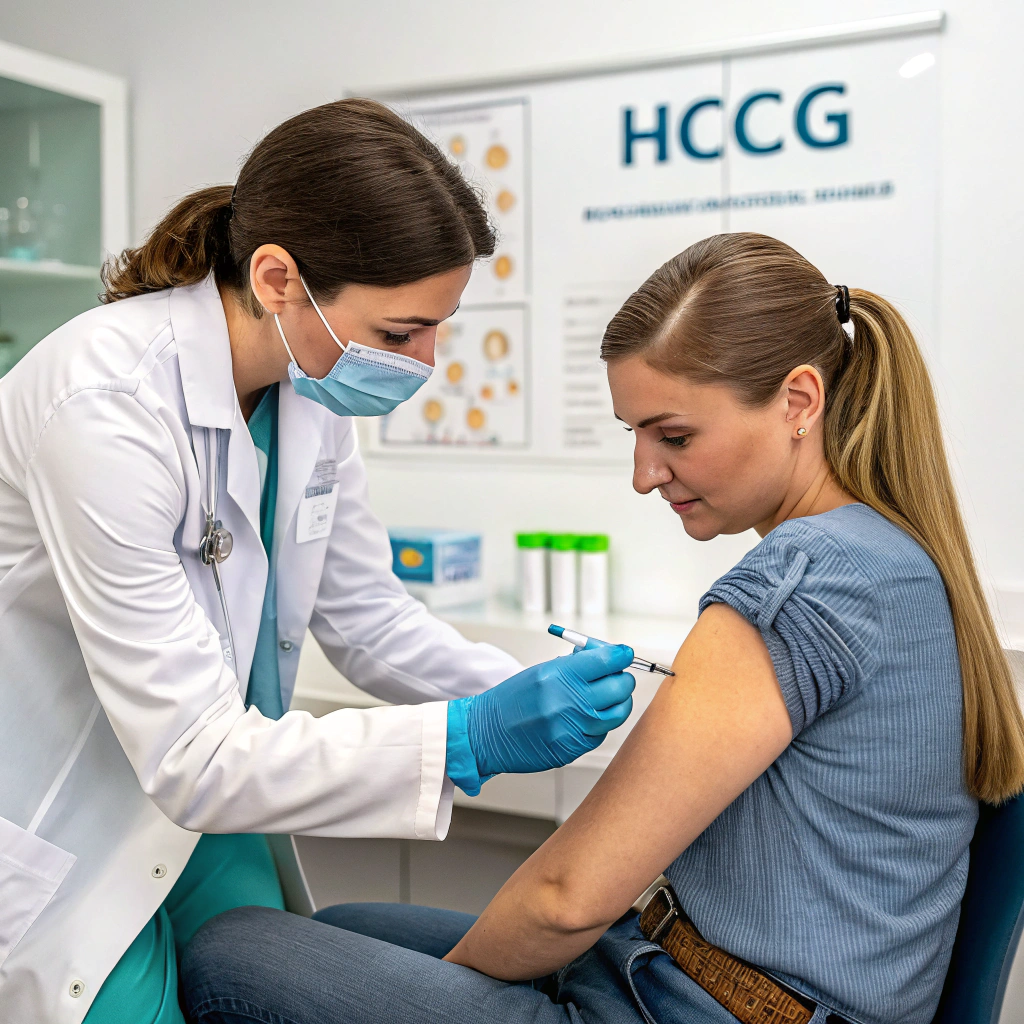Understanding HCG Injections in Medical Treatment
Human Chorionic Gonadotropin (HCG) injections serve multiple medical purposes. These injections contain a hormone produced during pregnancy, which medical professionals use to treat various health conditions in both men and women. The treatment protocol involves careful administration under medical supervision to ensure safety and effectiveness.
Medical Benefits of HCG Injections
HCG injections offer substantial medical advantages. They help treat infertility in women by stimulating ovulation and supporting pregnancy. In men, these injections address testosterone deficiency and support sperm production. Medical professionals also prescribe HCG for treating delayed puberty and specific hormonal imbalances.
Treatment Process and Administration
The HCG injection process requires precise medical oversight. Healthcare providers determine dosage based on individual patient needs and medical conditions. The treatment schedule varies, with some patients receiving daily injections while others follow different intervals. Proper injection technique and storage requirements ensure optimal results.
Safety Considerations and Medical Supervision
Medical HCG treatments require thorough health screenings before initiation. Healthcare providers monitor patients throughout the treatment duration, adjusting doses as needed. Regular check-ups help track progress and manage potential side effects. This medical supervision ensures treatment safety and effectiveness.
Fertility Treatment Applications
HCG plays a crucial role in fertility treatments. Medical professionals use these injections to trigger ovulation in women undergoing fertility procedures. The timing of HCG administration coordinates with other fertility medications to optimize success rates. This treatment supports both natural conception and assisted reproductive technologies.
Male Hormone Therapy
Men with specific hormonal disorders benefit from HCG therapy. The treatment stimulates natural testosterone production and supports reproductive health. Medical providers create customized treatment plans based on hormone levels and individual health needs. Regular monitoring ensures optimal hormone balance throughout the treatment.
Expected Results and Treatment Duration
Results from HCG treatment vary among patients. Some notice improvements within weeks, while others require longer treatment periods. Medical providers establish clear expectations and treatment timelines based on individual cases. Regular assessments help track progress and determine treatment effectiveness.
Medical Support Services
Comprehensive care during HCG treatment includes regular medical consultations, monitoring services, and patient education. Healthcare teams provide guidance on injection techniques, medication storage, and lifestyle recommendations. Support services ensure patients receive necessary care throughout their treatment journey.
Insurance and Treatment Coverage
Medical insurance coverage for HCG treatments varies by provider and condition. Healthcare facilities work with patients to understand insurance benefits and treatment costs. Some providers offer payment plans or financial assistance programs to support treatment accessibility.
Preparing for HCG Treatment
Preparation for HCG treatment involves medical evaluations and health assessments. Patients receive detailed instructions about medication handling and injection procedures. Healthcare providers review medical histories and current medications to ensure treatment safety.


